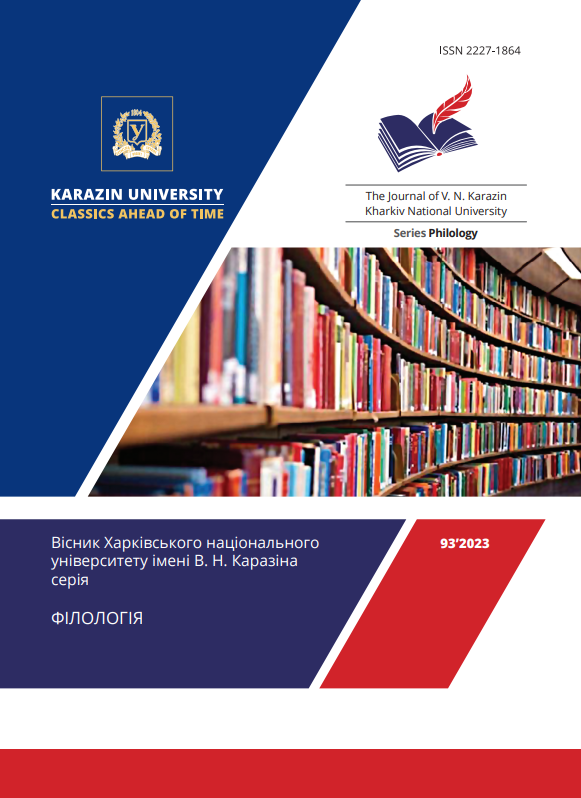The concept of “wisdom” in a Russian fairy tale
Abstract
The description of the concepts of the Russian language is impossible without referring to folklore, since it is in this linguocultural layer that it is possible to identify the sources and ways of the formation of the mental characteristics of the Russian people. The concept "Wisdom" is one of the central concepts of the Russian folklore picture of the world. It is extremely widely represented in the genre of folk fairy tales. Usually women in fairy tales are wiser than men.
The purpose of this article is to reveal the semantic structure of the concept "Wisdom" in Russian fairy tales. The material of the study was Russian folk tales from the collection of A. N. Afanasyev.
As a result of the study, it was found that the concept of "wisdom" in the Russian fairy tale is characterized by various cognitive features. Central is the understanding of wisdom as a supernatural power, the ability to perform magical actions, transformations, witchcraft. Such wisdom is possessed, as a rule, by female characters (wise princesses, wives), less often by male characters, but always positive characters. Fairy-tale female wisdom includes such components as supernatural power, power over the natural world, mental abilities and good intentions.
Along with the understanding of wisdom as a magical power, there is another interpretation of this concept in fairy tales. Thus, the wise in a fairy tale is that which is characterized by difficulty, complexity, impracticability. In fairy tales, the word wise often characterizes the quality of an object, as well as the skill of a hero who is able to make such objects. The intellectual component of the concept is also presented in Russian fairy tales. At the same time, wisdom is understood not only as intelligence and education, but also as practical insight and ingenuity.
Downloads
References
Afanasyev, A. N. (1984–1985). Folk Russian fairy tales of A. N. Afanasyev. Moscow: Nauka [in Russian]..
Li, Yixin. (2020). Representation of the key concepts of Russian folk and author's fairy tales as a reflection of the collective and individual linguistic consciousness. Abstract…. Candidate of Philology N., Tambov. Retrieved from https://www.dissercat.com/content/reprezentatsiya-klyuchevykh-kontseptov-russkikh-narodnykh-i-avtorskikh-skazok-kak-otrazhenie/read. [in Russian].
Masliy, E. V. (2005) Some typological features of the image of the holy fool and their implementation in Russian folk tales. University Bulletin. Series “Philology” (Literary Studies, Linguistics). Kharkiv. Vol. 46. No. 707. 116–120. [in Russian].
Propp, V. Ya. (2021). Historical roots of a fairy tale. St. Petersburg: Piter. [in Russian].
Propp, V. Ya. (2022). Folklore and reality. Moscow: Azbuka. [in Russian].
Razumova, I. A. (1993) Fairy tale and bylichka (Mythological character in the genre system). Petrozavodsk; Karelian Scientific Center of the Russian Academy of Sciences. [in Russian].
Grekhneva, L.V., Gorshkova, T.M., Pereslegina, E.R., Ruchina, L.I.,. Sineleva, A.V. (2015). Dictionary of concepts of Russian folk tales. Part 2. Nizhny Novgorod: Nizhny Novgorod University. [in Russian].
Trubetskoy, E. N. (1990). "Another kingdom" and its seekers in the Russian folk tale. Literary studies. March-April. Book two. 100–119. [in Russian].
Khrolenko, A. T. (2000). Cultural linguistics. Kursk. [in Russian].




